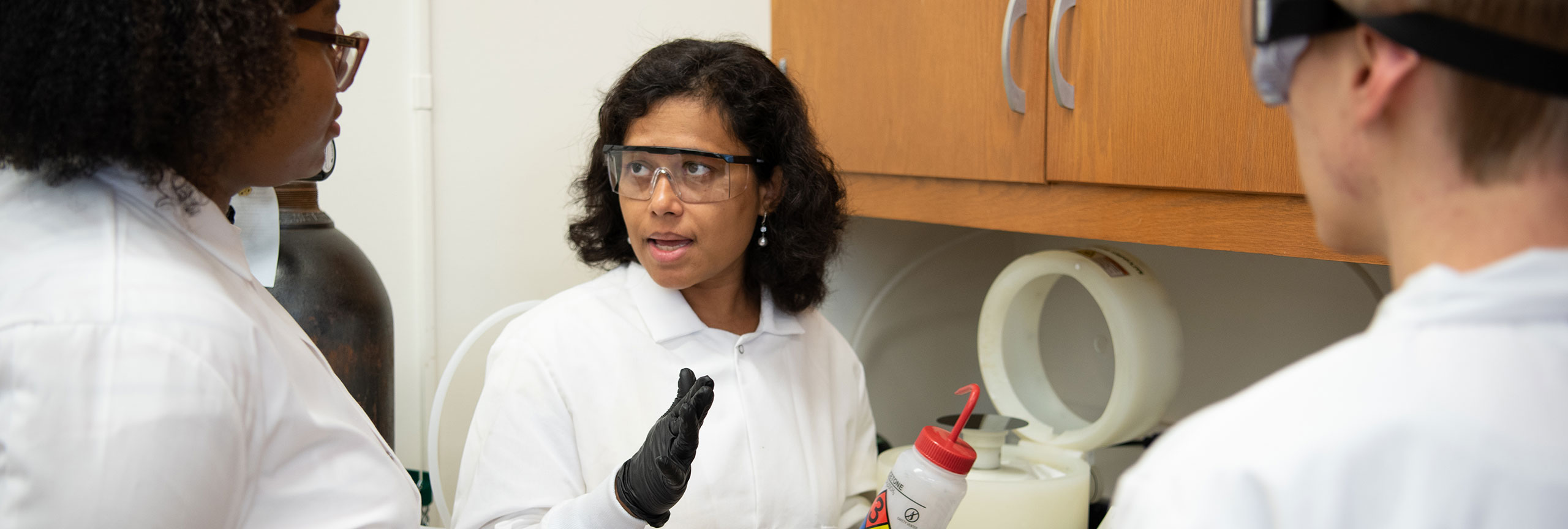
Researchers/Faculty
International Scholars have a responsibility to obey a special set of immigration laws while in the United States. In addition to these laws, international scholars must also abide by local, state, and federal laws and University policies that apply to them. Below are some of the more basic things that international scholars should do to make sure they maintain their J-1 status. You can also find information about your stay in the Visiting Scholar Handbook.
J1 scholars Maintaining status
-
Check In and Attend Orientation
All new J-1 scholars must check-in with ISSS by attending a mandatory orientation session. Your International Advisor will email you before your program start to set up your session. Be sure to complete the required pre-arrival check-in process before you arrive on campus.
-
Maintain Health Insurance
J-1 and J-2 visa holders are required to purchase and maintain health insurance that meets the Department of State immigration requirements.
-
Reporting Changes
Immigration regulations mandate J-1 scholars to notify any changes in personal and/or academic information within 10 days of the change.
-
Extending Your Stay
J-1 scholars must complete their program within DS-2019 dates, requiring a program plan and continuous engagement with their department host.
-
SEVIS Transfer Out
Illinois State scholars transferring to another U.S. institution may be eligible to transfer their SEVIS record, allowing them to transfer their J-1 record.
-
Social Security Number (SSN)
A Social Security Number is used as a way to track individuals mostly for tax purposes.
-
Completing Your Program
During grace period, J-1 scholars can prepare, change visas, and travel within U.S., but cannot reenter the country.
-
Traveling Outside the U.S.
To re-enter the U.S., a valid travel signature on your DS-2019 from an International Advisor is required, along with an active SEVIS record check.
-
Employment at Illinois State
J-1 scholars must work at ISU with prior authorization, department approval, and International Advisor approval.
-
Incidental Employment
J-1 scholars are not allowed to work off campus without prior authorization.
-
J-2 Dependents
Spouses and children of J-1 scholars can join them in the U.S. under specific conditions.
-
Cross-Cultural Exchange Activities
Immigration regulations mandate J-1 scholars engage in cross-cultural exchange or socio-cultural activities, such as attending lectures, festivals, or traveling to nearby towns or cities to learn about culture or history.